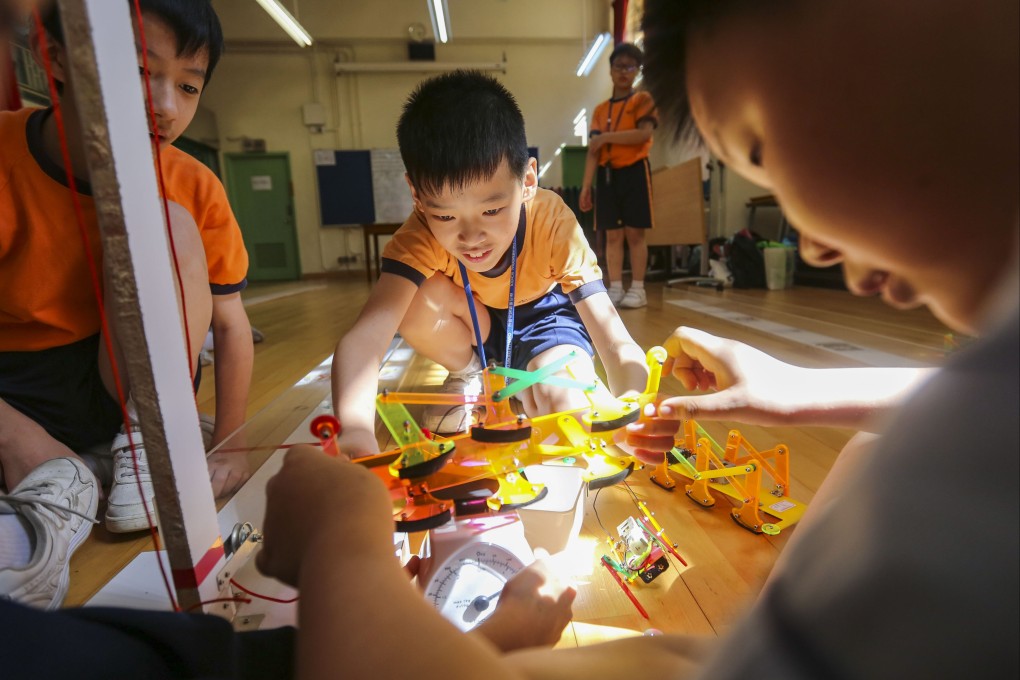Letters | Pushing STEM harder in schools helps neither children nor Hong Kong’s tech aims
- Readers write about the call for STEM promotion in schools, President Xi Jinping’s COP26 absence, the compulsory use of the ‘Leave Home Safe’ app and the 996 work culture

Advances in new technologies like quantum computers and machine learning have prompted ever louder calls for the government to promote STEM education in Hong Kong. But there are more important issues to attend to if we really want to improve education in Hong Kong.
Further promotion of STEM in primary and secondary schools is unnecessary as three of the four subjects (science, technology and mathematics) are already incorporated into the curriculum of most schools.
Maths and science are exam subjects for the Diploma of Secondary Education. Maths is a core subject and the three branches of science, namely physics, chemistry and biology, occupy three of the four most chosen elective subjects in Hong Kong.
Moreover, computer literacy lessons are offered in primary and secondary schools. Some schools already teach programming languages such as Python and Arduino. The knowledge taught in school is more than enough to give students the computer knowledge they need in the future. After all, not everyone will become a scientist or engineer.
If the purpose is to learn logic and critical thinking, children can do that by playing chess and through other activities. What young people need is all-round development, and they should work on other areas like music and sports to find their interests when they are young, and specialise later.
If Hong Kong really wants to become more competitive in research and development, the government should prioritise investments in universities to encourage more research and attract more people to forge careers in technology.